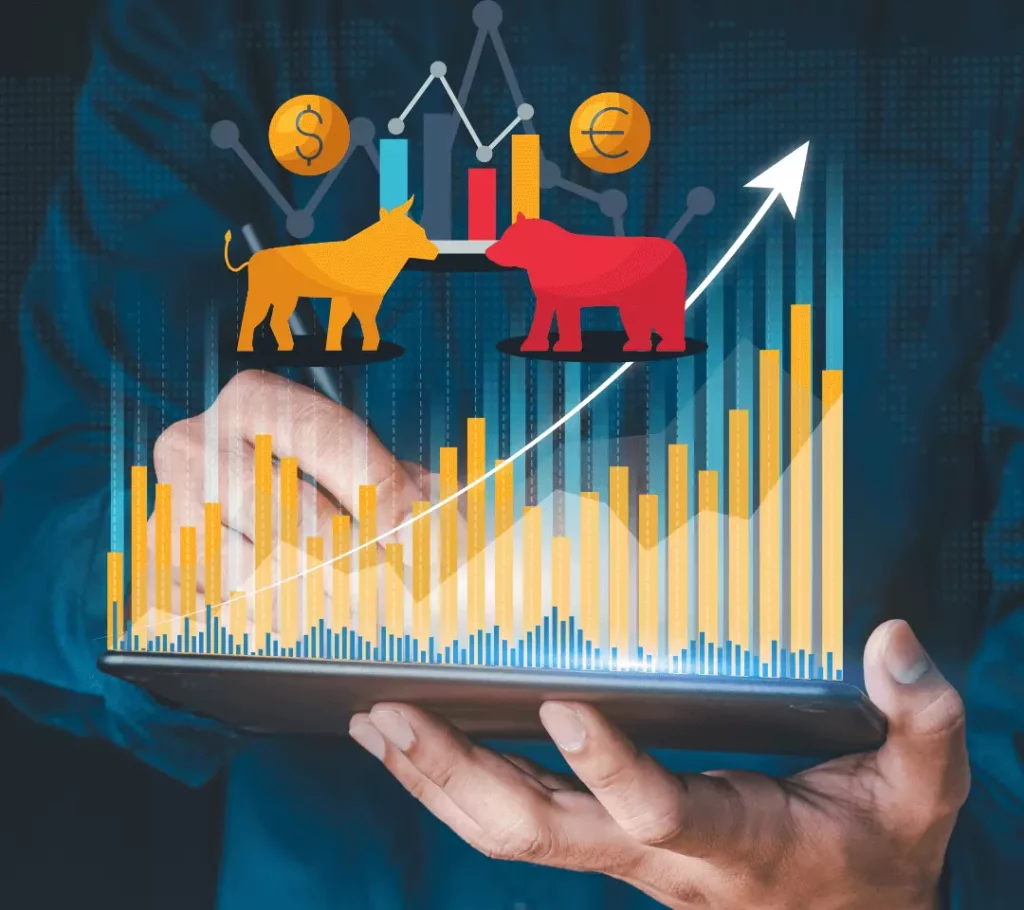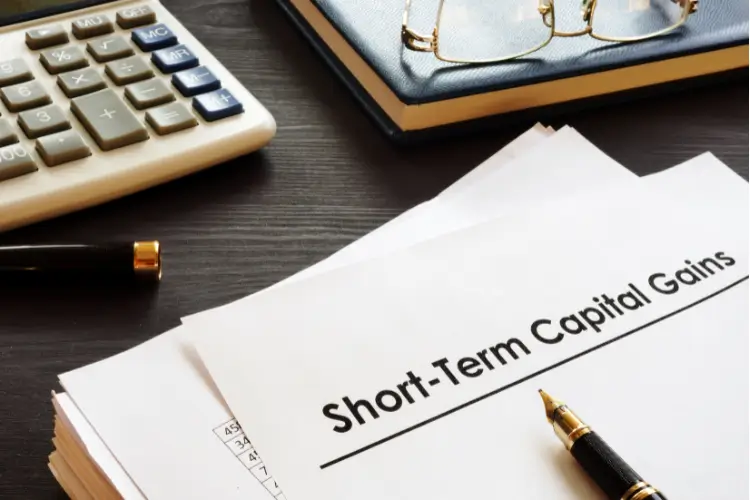There is no denying that the stock market is an excellent spot to put your money to use right now. The inverse is also correct. It’s possible to lose money on investments if you don’t give them any attention. The reason for this is that stock values are always fluctuating up and down in the stock market. And many factors influence stock pricing. Here is some data on the most critical factors influencing share prices in India, which can help you make sense of stock market movements.

Instability in the market between supply and demand
The supply and demand for security may affect the value of that security. Whenever the demand for a stock is higher than the available supply, more people are willing to purchase the stock than are willing to sell it. The price of the stock rises because this demonstrates that buyers are prepared to cough up a premium for the stock. It works in reverse as well. When there are more sellers than buyers in the market for a certain stock, this is called a supply surplus. A stock’s price drops when sellers are desperate to unload their holdings and are eager to sell for any price.
Economy
In attempting to foretell future changes in share values, most investors blind themselves to the consequences of the current economic state. Moreover, to domestic investors, FIIs from other countries also account for a significant share of global stock exchanges. Foreign direct investors (FIIs) may be compelled to sell up holdings and move money to safer countries if things worsen economically.
Market participants and investors
The participants in the market are a major factor in determining the pricing of securities. Prices of securities tend to increase when there are more purchasers than sellers. However, if bears outnumber bulls, security prices would fall. Companies with poor financial performance frequently go unnoticed by investors, which may have a devastating effect on the stock price. Furthermore, traders and investors trying to make money usually gravitate towards firms with extraordinarily good financials, which in turn increases demand for the said stock and drives up prices.
Political Scenario
Although this may seem to be a benign consideration at first glance, it is quite the opposite. The ideology of the ruling party, the actions of the government, and the state of ties with other nations are all examples of political variables that impact the stock market. Investors will often steer away from a country experiencing political instability or turbulence because of the elevated danger of seeing their investment disappear. Additionally, any significant change in the domestic political landscape might, in the near term, govern the market movements of stocks.
Administrative steadiness
Businesses thrive and grow when entrepreneurs have faith in their governments and the economy’s safety. Share prices would rise due to significantly rising production, sales, and profits.
Many believe that government policies have a crucial effect on stock market values. In general, an increase in share prices in related companies and sectors may be expected if investors view government policy announcements favourably.
But negative policies, particularly those that deal with taxes, may erode confidence among investors. Shares may swiftly spiral lower as a result of the ensuing sell-off. When there is political unrest, businesses hesitate to invest money into new projects. Share prices fall when demand, output, and profits all decrease.
Declarations of Dividends
Share price movement might be anticipated from dividends. Stock prices respond to news of dividend payments. When a dividend is declared, the firm’s stock price often increases. If the dividend rate disclosed is less than what investors were expecting, the stock price will fall, whereas the opposite would occur if the payout rate is higher than predicted. The stock value would increase as a result.
The Business Cycle
To put it simply, business activity goes through periodic cycles. When the economy is growing, prices of the shares are high, and when it’s down, they’re low. The value of a company’s shares would rise steadily in an economic upswing but collapse precipitously in a downturn.
Market sentiment, in general
The markets, it is often believed, are influenced by public opinion. Investors’ confidence in the market’s future is a key factor in whether or not stock prices rise. If investors and traders are fearful, more shares will be sold, bringing the price of the stock even down. You should also learn how to Manage Fear and Greed in Stock Market.
Institutional investor behaviour
Institutional investors like mutual funds, investment trusts, pension funds, etc., significantly impact the market price of stocks. The stock market would go up when they start purchasing and down when they start selling.
Ample supply of credit and efficient regulation
If somehow the stock market is managed openly and is well regulated, then investors will have faith in it and put their money to work. Resulting in a rise in demand and the price of shares. Investor trust would plummet if frauds like the Harshad Mehta scam, Ponzi scheme, Ketan Parekh scam and other IPO scams occurred. In a state of panic, they would unload their holdings. So, costs would go down. Investors could borrow money to put into the markets if credit was easily accessible. Share prices would increase following the increased demand. If borrowing were to decrease because of credit constraints, thus would be demand for the stock.
Conclusion
The market’s general mood is another major aspect that might affect the cost of a company’s stock. This consideration is solely emotive, as opposed to the majority of others. If investors are concerned about the economy and the stock market at present or in future, share prices will rise. Bearish market sentiment is associated with a precipitous drop in stock values. Before making your next deal, it’s wise to consider these potential outcomes to anticipate market behaviour better. To learn this market anticipation and how to analyse the market and stock prices, join the stock market course.



